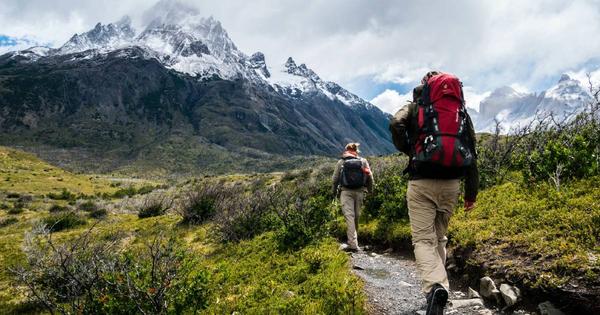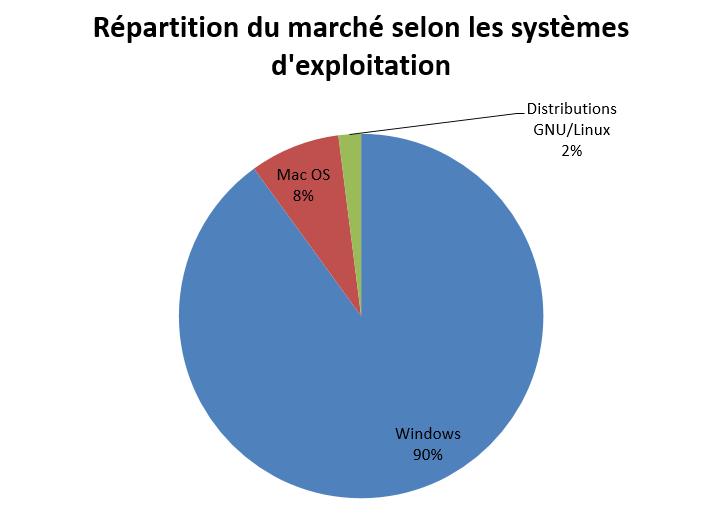How to imagine a sustainable, ecological and united tourism?
What is sustainable tourism? Can we really imagine more responsible tourism? And if so, how to practice this sustainable tourism? Let's try to answer these questions, in this 5th article of our special file “Sobriety” in partnership with ADEME (Ecological Transition Agency).
In 2019, tourism accounted for around 11% of global GDP and employed over 300 million people. It is therefore a considerable economic sector. But at the same time, tourism generates significant environmental and social impacts. Transport, on-site activities, accommodation, consumption and purchases are all opportunities to generate pollution, sometimes invisible but very real. Tourism also raises social issues, ranging from the problem of sharing the value created by the sector to respect for local communities.
In recent decades, tourism has therefore been increasingly criticized, particularly in connection with environmental and social issues. It now seems clear that tourism will have to transform itself to meet increasingly stringent sustainability requirements. But first, is it even possible? Can tourism be sustainable? What are the ways to really consider more ecological tourism? And how can consumers, today, adopt a more ecological approach in the way they do tourism? These questions are complex, so let's try to see more clearly.
The social and environmental impacts of tourism
Above all, it must be clearly understood that tourism generates numerous environmental impacts. For example, tourism contributes to global warming. According to estimates, tourism is responsible for around 8% of greenhouse gas emissions on the planet, in particular because of transport, in particular by air. In France, the sector emits 11% of greenhouse gases.

8%, 11% may not seem like much, but it's actually considerable if you put these figures in their context, which is that of a practice still reserved for a small part of the population. Indeed, the vast majority of the inhabitants of the planet do not travel, or at least very little. This is particularly the case for precarious or isolated populations. International tourism in particular concerns barely 1.5 billion trips per year (before Covid-19), i.e. less than 20% of the world's population. For an individual, tourism is also a leisure activity limited in time: one only travels a few days in the year.
The tourism industry therefore emits 8% of the world's greenhouse gases, even though it concerns only a small part of the population, generally the wealthiest citizens, and this only for a small part of the time. Relatively, that's a lot.
But tourism not only emits CO2, it is also linked to a series of ecological and social problems. For example, it is often tourism that drives the artificialization of many natural areas. To accommodate an ever-increasing flow of tourists, it is necessary to build accommodation, infrastructure, roads… So many human constructions that degrade ecosystems, soils and biodiversity. Symptoms of this trend: largely concrete coastal areas, which can be seen everywhere, from the South of France to Thailand via Africa.







